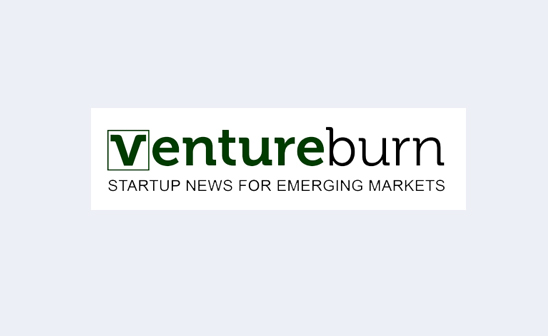During one week each November, thousands of events and competitions in over 160 countries supported by a network of more than 15 000 partner organisations celebrate Global Entrepreneurship Week, which runs until Sunday (19 November).
The World Bank Group is joining this global celebration through an innovative post-acceleration programme, XL Africa — a pan-African initiative for growth startups seeking Series A funding, between $250 000 and $1.5-million.
Over 900 of the most promising startups across Africa applied to participate in this programme, of which 20 were selected by an independent panel of experts.
Some of these start-ups, like Sendy and CoinAfrique, were alumni of previous incubation initiatives by the World Bank Group’s infoDev programme that were now ready to benefit from acceleration.
Sendy uses motorcycle delivery to compete with Kenya’s inefficient postal system and expensive private courier companies.
The company first joined infoDev’s mLab East Africa incubator at the early stages of customer discovery and product validation, and through its support, the company has grown considerably.
With a network of over 300 drivers, its app enables individuals and businesses to connect with drivers to request on-demand courier services, while also providing GPS-enabled tracking, transparent pricing, and insurance. Sendy now facilitates over 11 000 deliveries each month.
From the opposite side of the continent, CoinAfrique has pioneered the first peer-to-peer marketplace in Francophone Africa.
CoinAfrique is a graduate of CTIC Dakar, the infoDev-supported digital incubator in Senegal. Since the company’s launch in May 2015, the mobile app has reached nearly 480 000 downloads and connected users from 17 different countries.
With a potential market of over 100 million smartphone users, CoinAfrique still has a lot of room to grow and is aggressively chasing a 15% audience share across the region.
Sendy and CoinAfrique are two prime examples of innovative African companies ready to compete with larger players across the region.
Exposure to global investors
Unlike many acceleration programmes, XL Africa does not take an equity stake in the companies, but a key value proposition is the exposure to global and local investors.
To ensure a quality pipeline, the XL Africa selection process is investor-driven. We worked closely with the International Finance Corporation’s Startup Catalyst team, along with investors from Goodwell Investments, Knife Capital, Nest Africa, Silvertree Capital, Singularity Investments, TLcom Capital, and 4Di Capital.
These investors consciously selected companies that could most benefit from XL Africa’s specialised curriculum in the hopes of attracting additional investment.
In the lead-up to the XL Africa Cape Town residency, which took place between 6 November and ends today, the 20 selected XL Africa companies began virtual coaching paired with online video tutorials.
During the Venture Showcase at the fourth annual African Angel Investor Summit in Cape Town on Wednesday (15 November), the teams pitched before prominent African investment groups to present their internationalisation strategy and fundraising needs, which we hope will lead to many successful partnerships.
Showcasing experience
The World Bank Group also hosted a workshop, “Scaling African Growth Entrepreneurs,” on 16 November to provide a platform to exchange experiences and insights amongst select government officials and policymakers from across the continent.
This policy workshop will showcase the World Bank Group’s infoDev programme experience in accelerating startups and the importance of developing an enabling ecosystem that supports the growth of innovative businesses.
We’re excited to see these efforts come together in Cape Town during Global Entrepreneurship Week, but even more excited for the future of these 20 startups and what their success will mean for the ecosystems in which they operate.
We might not uncover the next billion-dollar unicorn, but we will certainly learn to better enable high-growth start-ups across the continent.
*Ganesh Rasagam manages the infoDev program at the World Bank Group. This piece was written together with Mutoni Karasanyi, a communications consultant with the programme.



